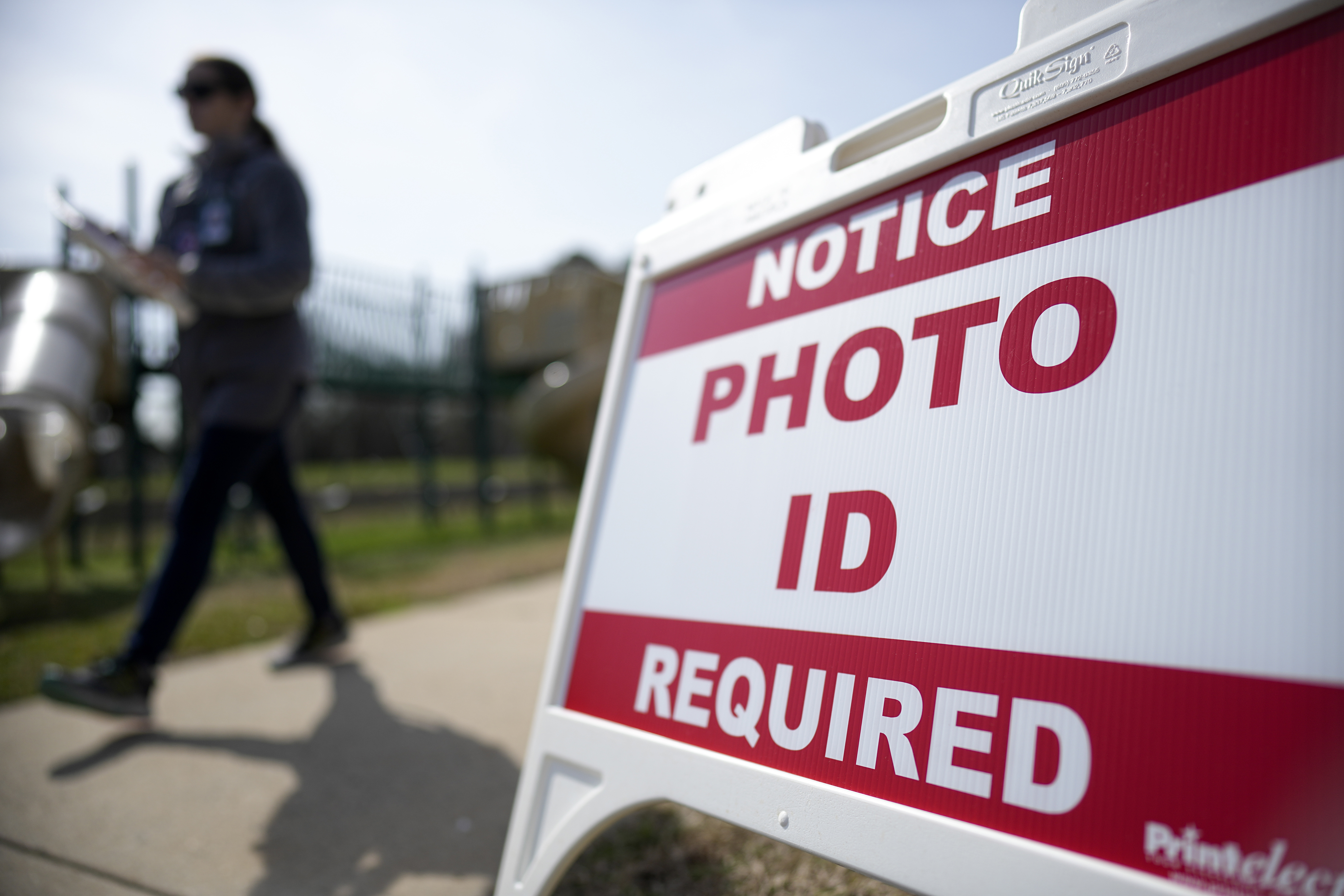In a bid to bolster trust in the electoral system, both leading Republican candidates for Massachusetts governor are championing voter ID laws, calling photo identification at the ballot box a “common sense” measure.
Voter ID bills have the backing of both Republican gubernatorial candidates

Key Takeaways:
- Unified Support for Voter ID Laws: Both leading Republican gubernatorial candidates endorse implementing photo ID requirements.
- Aim to Restore Electoral Integrity: They believe voter ID will restore faith in the electoral system.
- Described as Common Sense: Voter ID is portrayed as a straightforward solution by the candidates.
- Implications for the 2026 Election: This stance is significant in the context of the upcoming gubernatorial race.
Candidates Advocate for Voter ID Laws
In the Massachusetts gubernatorial race, both leading Republican candidates are backing voter ID legislation. They assert that requiring photo identification at the ballot box is a practical step toward restoring public trust in the state’s electoral process.
“A Common Sense Way to Restore Faith”
“Identifying all voters at the ballot box with photo ID is a common sense way to restore faith in the integrity of our electoral system,” the candidates stated. Their unified stance highlights a shared priority on election integrity ahead of the 2026 election.
Addressing Election Integrity Concerns
The push for voter ID laws comes amid ongoing discussions about the security and reliability of voting systems. By advocating for photo identification requirements, the candidates aim to alleviate concerns and enhance confidence among constituents.
Impact on Voter Participation
While proponents argue that voter ID laws are necessary for safeguarding elections, critics often raise concerns about potential barriers to voter registration and turnout. The candidates’ proposal brings this debate to the forefront of Massachusetts politics.
Significance in the Upcoming Election
As the campaign progresses, the candidates’ support for voter ID legislation may play a pivotal role in shaping voter opinions. Their commitment to this issue underscores its importance within their platforms and the broader discourse on electoral reforms.
Conclusion
The agreement between Massachusetts’ leading Republican gubernatorial hopefuls on implementing photo ID requirements signals a concerted effort to address election integrity. By labeling it a “common sense” solution, they seek to resonate with voters who prioritize transparent and secure electoral processes.











